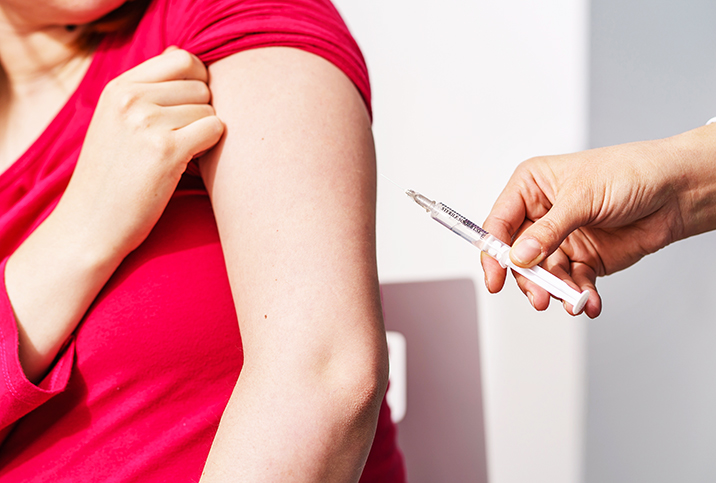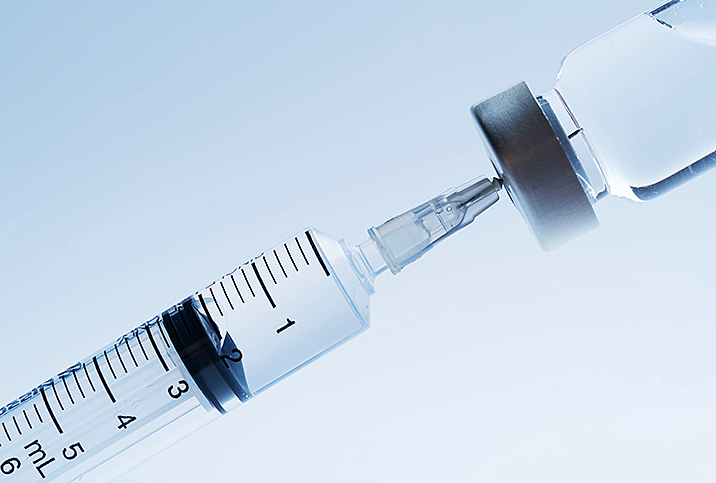Yes, All Warts Are Caused by HPV

The headline is true. Whether it's an annoying bump on your finger or a more troublesome ailment happening on or around your genitals, you have human papillomavirus (HPV) to thank for it.
"HPV is the virus that causes all warts," said Kristen Stirling, a family nurse practitioner with Tennessee Telederm in Nashville. "There are more than 100 strains of this virus. Most of these strains are harmless and often don't produce warts, and when warts are present from the virus, they are generally just a nuisance. But certain strains of HPV can cause health problems, including genital warts and cancers."
HPV is the most common sexually transmitted infection in the United States, as nearly all men and women who are sexually active get the virus at some point in their lives.
How HPV results in oral and genital warts
"All warts are an active virus," Stirling continued. "The virus doesn't spread throughout the body, but you may have the virus in more than one location." With that being said, a common skin wart on your hand won't cause an HPV genital wart.
The virus travels through repeated touch during sexual activity, which explains how it can develop in more than one place and how it transmits from one person to another.
"Frequent or vigorous contact with these warts can spread the virus elsewhere on the body or to another person," Stirling said. "Casual contact like a handshake won't spread HPV, but [vaginal] sex, oral sex and anal sex can. The HPV virus can spread from one person to the mouth, [throat], vaginal canal, cervix or anus of their partner. And it's important to note that even if warts are not visible, it's still possible to spread the HPV virus."
It's not always easy to know if you have human papillomavirus because you can develop symptoms weeks, months or years after having sexual contact with someone who is infected. This randomness can make it extremely difficult to pinpoint when (and where) exactly you picked up the virus.
Can you get tested for HPV?
"HPV hangs out in the skin cells where contact is made from the original host," Stirling explained. "Therefore, it's not a virus that can be tested by a blood draw. There's no screening test to check for the presence of HPV in the neck and throat or anus, hence the importance of the vaccination."
For women, HPV is another reason to make sure you keep up to date with your Pap smears. Not only can routine screening through a Pap smear help prevent cervical cancer, but it can also detect HPV.
Protect yourself from HPV
"Fortunately, there is a vaccine that protects against the most serious strains of HPV," Stirling said. "The vaccine is recommended for everyone younger than 27. However, there may be cases when the vaccine is appropriate for adults between 27 and 45 years old."
About 50 percent of new HPV cases are diagnosed between ages 15 and 24, which is why the vaccine is recommended for people before they're sexually active and could be exposed to HPV. The vaccine can still be protective for some strains (it currently protects against nine different strains) even if human papillomavirus is already diagnosed, but this needs to be discussed on a patient-by-patient basis.
"And it doesn't just affect women," Stirling added. "There is a startling number of new head and neck cancers from HPV in men. It is critical to vaccinate boys and men, too."
Since HPV is transmitted through skin-to-skin contact, you should use barrier protection, such as condoms and dental dams, which can reduce your risk of exposure. Wash sex toys in between use if you're sharing with partners. The risk of HPV increases with your number of partners, so be open about that when considering a new sexual relationship. Most importantly, speak to your healthcare provider about the HPV vaccine.
Remember, there are more than 150 strains of HPV and they are generally divided into two categories, based on the environment they inhabit: regular skin and mucosa. Regular skin strains have nothing to do with sex, and of the mucosal-dwelling variants, they can represent both high risk— does not cause warts but can cause cancer—and low risk, can cause warts but not cancer.
For most people, the immune system will clear a particular strain of HPV in two years—thus, it won't last forever. Take care of your body by eating a healthy, balanced diet, getting regular exercise and maintaining proper sleep hygiene.


















